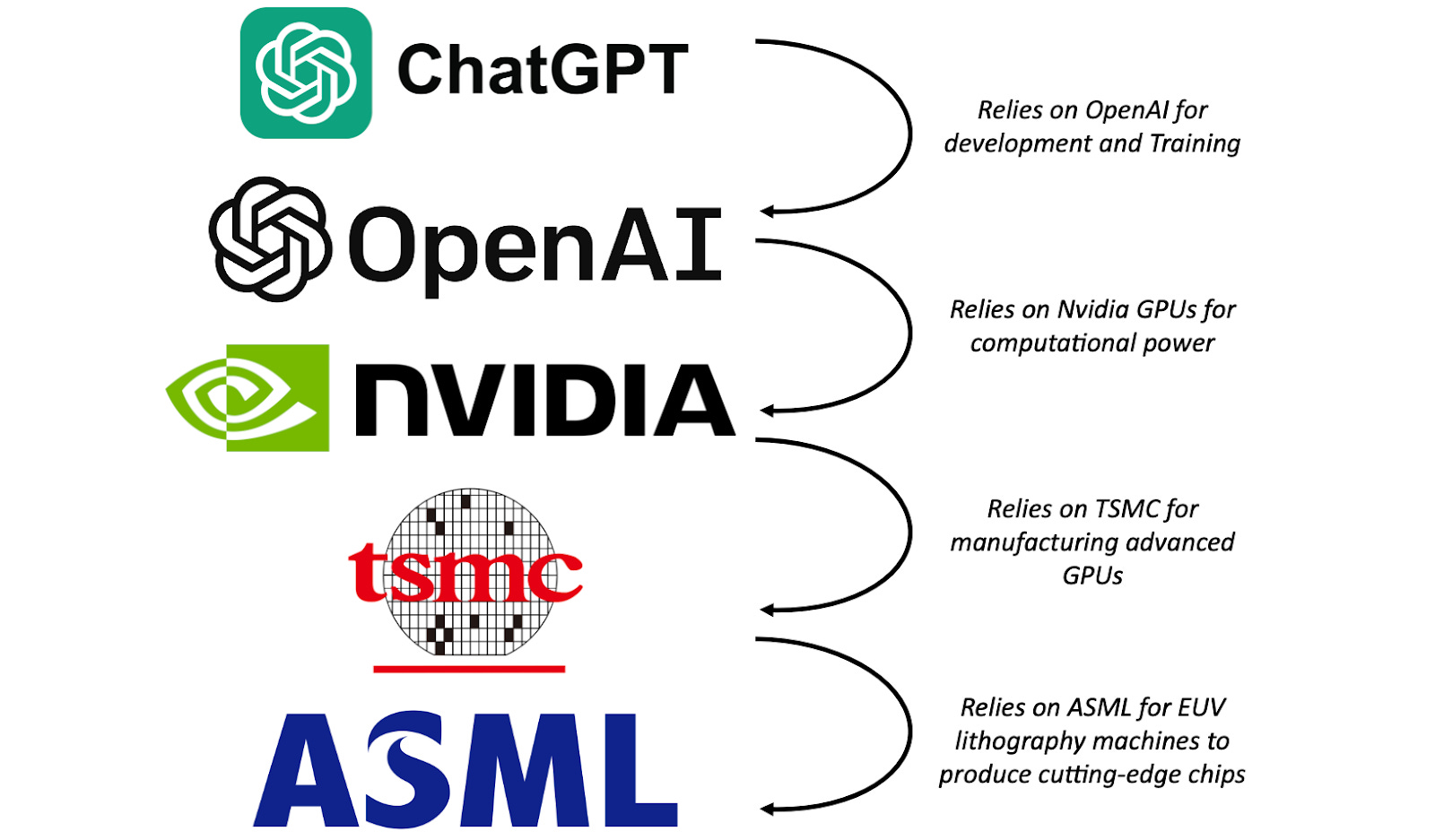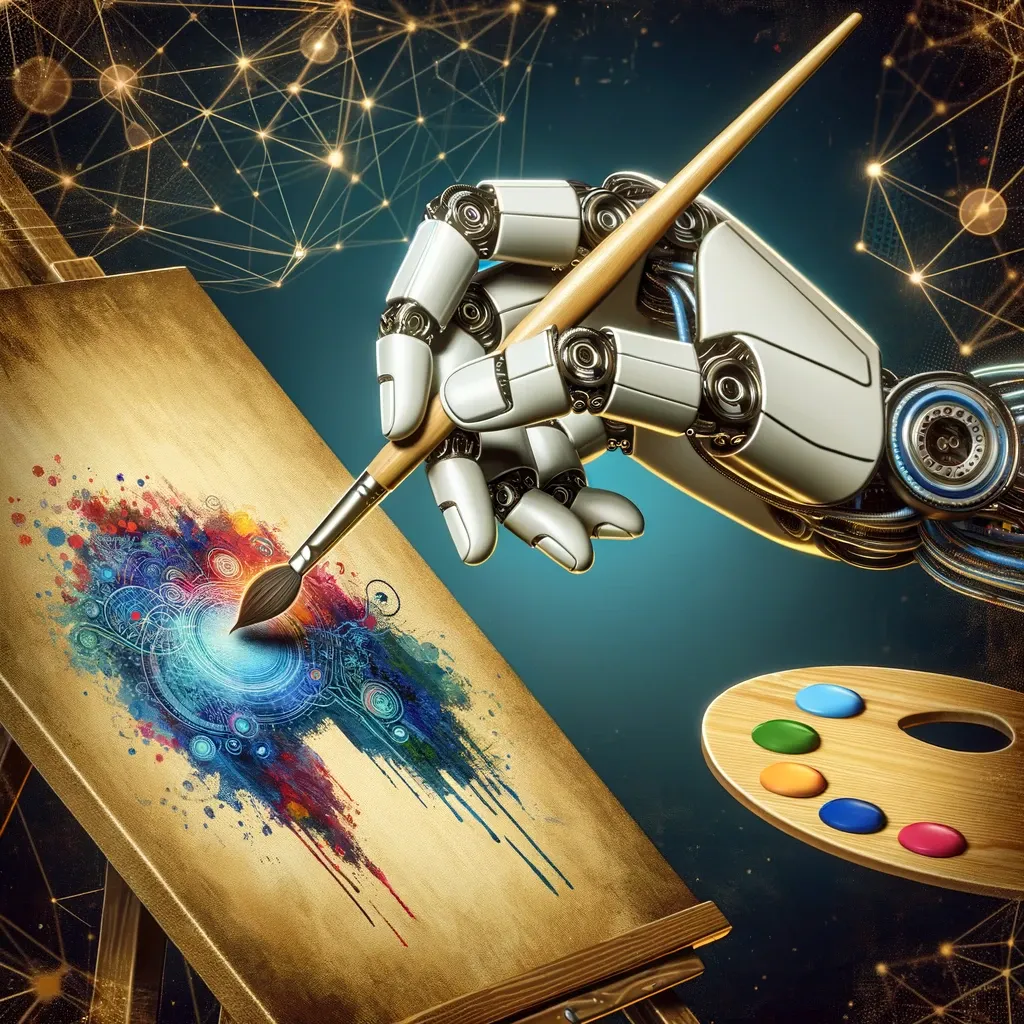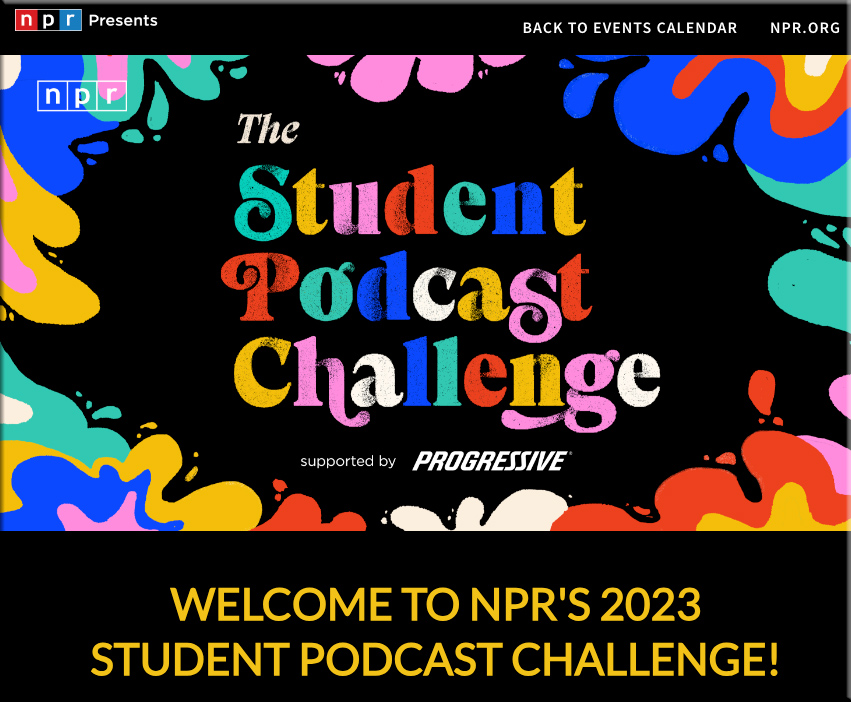Below are some items for those creatives who might be interested in telling stories, designing games, crafting audio-based experiences, composing music, developing new worlds using 3D graphics, and more.
CREATING THE SOUNDS OF LIGHTFALL — from bungie.net; via Mr. Robert Bender
The sounds of any game can make or break the experience for its players. Many of our favorite adventures come roaring back into our minds when we hear a familiar melody, or maybe it’s a special sound effect that reminds us of our time performing a particularly heroic feat… or the time we just caused some havoc with friends. With Lightfall sending Guardians to explore the new destination of Neomuna, there’s an entire universe hidden away within the sounds—both orchestral and diegetic—for Guardians to uncover and immerse themselves in. We recently assembled some of Destiny’s finest sound designers and composers to dive a little bit deeper into the stunning depths of Neomuna’s auditory experience.
Before diving into the interview with our incredible team, we wanted to make sure you have seen the Lightfall music documentary that went out shortly after the expansion’s release. This short video is a great introduction to how our team worked to create the music of Lightfall and is a must-see for audiophiles and Destiny fans alike.
.
.
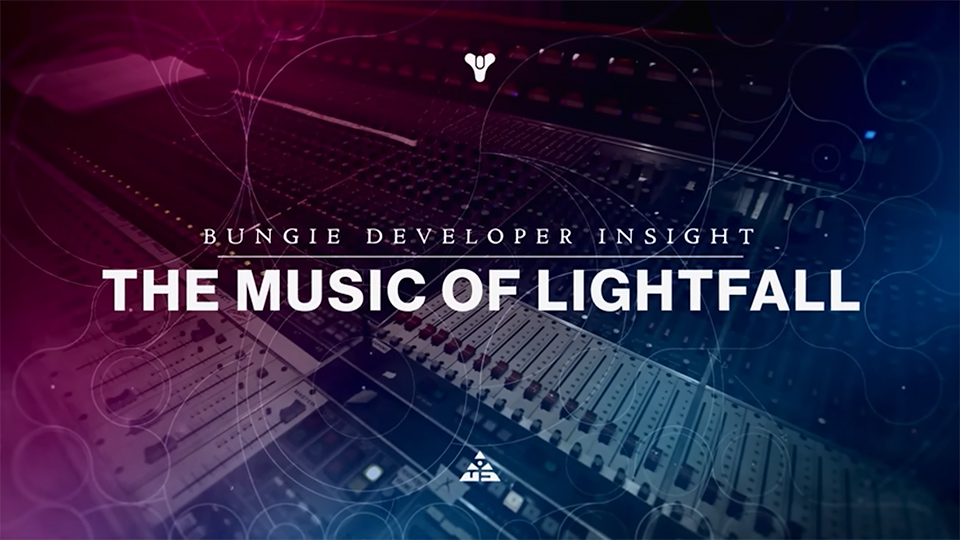
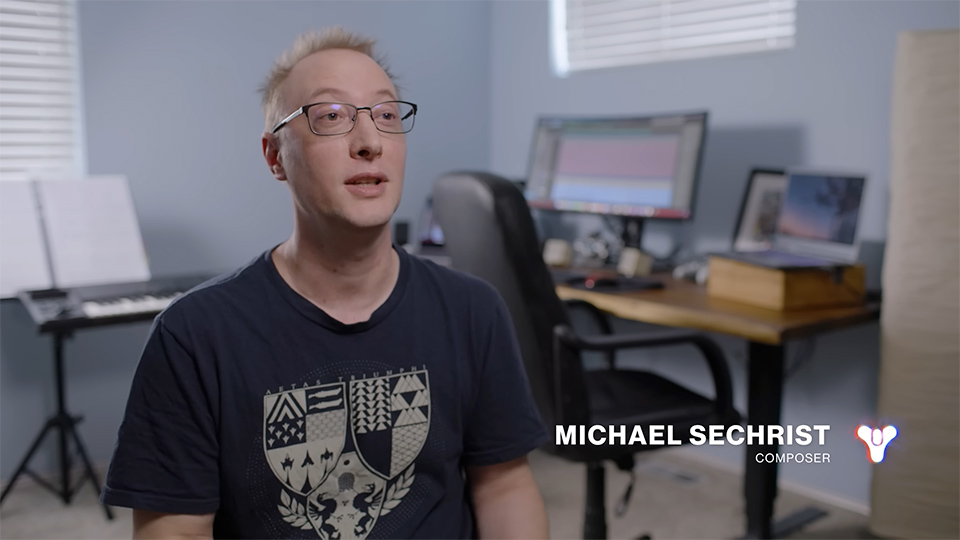
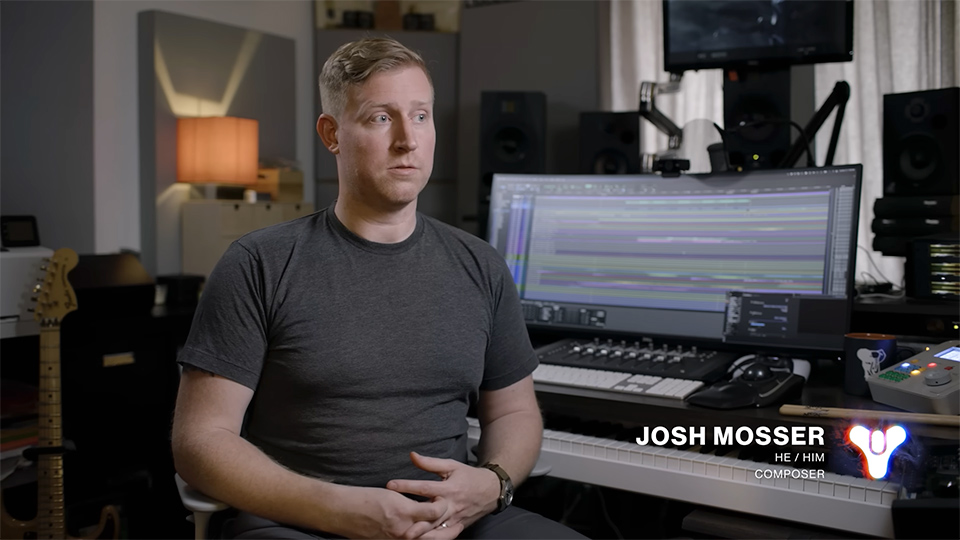
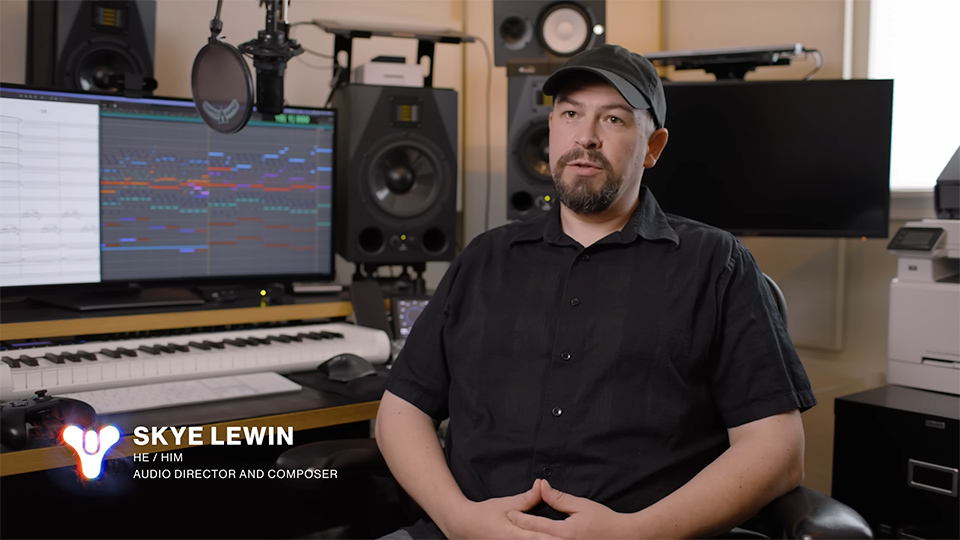
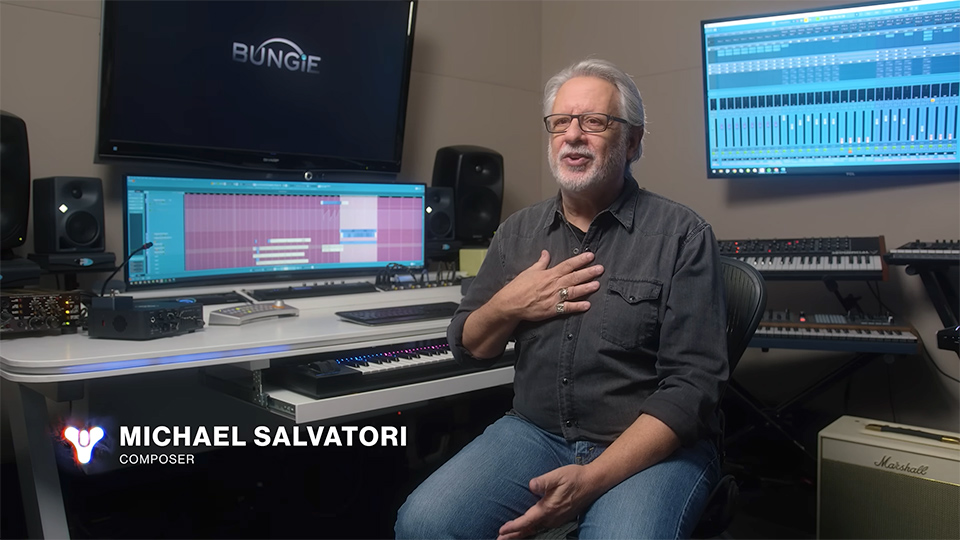
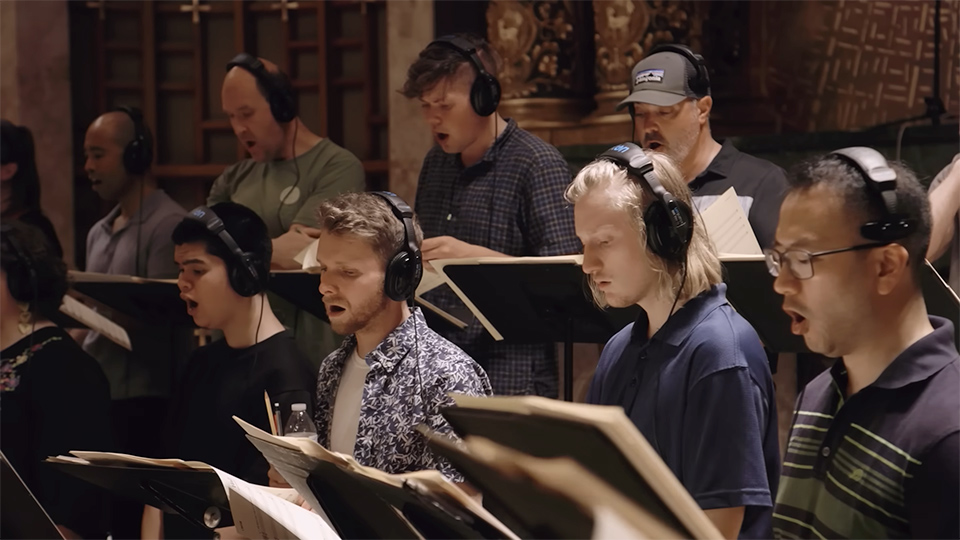
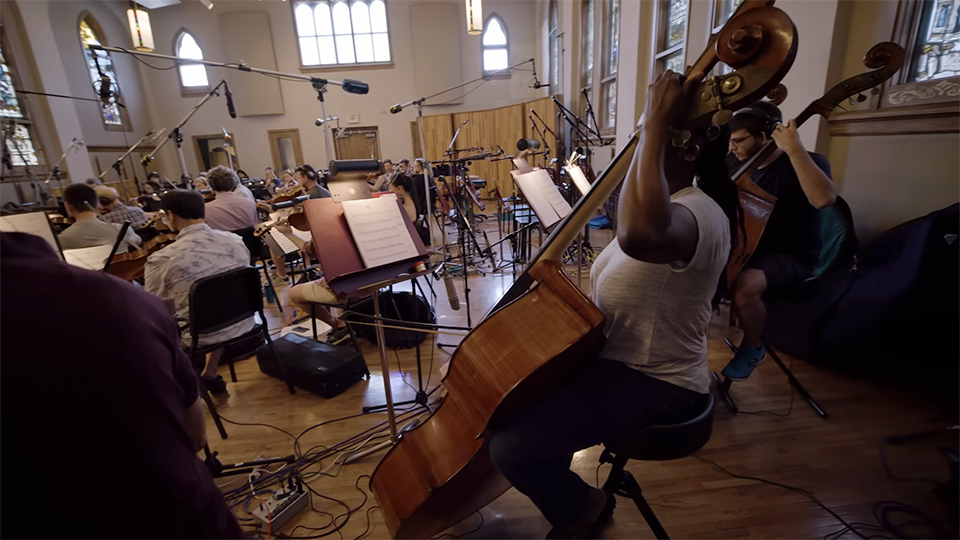
Game Dev Diaries: The Hidden World of Audio — from lianaruppert.medium.com by Liana Ruppert, via Mr. Robert Bender
Every game has a story to tell, a journey to take players through that — if done well — can inspire wonderful memories that last a lifetime. Unlike other storytelling mediums, the art of video games is an intricate interweaving of experiences, including psychological cues that are designed to entrance players and make them feel like they’re a part of the story. One way this is achieved is through the art of audio. And no, we aren’t just talking about the many incredible soundtracks out there, we’re talking about the oftentimes overlooked universe of audio design.
…
What does an audio designer do?
“Number one? We don’t work on music. That’s a thing almost everyone thinks every audio designer does,” jokes Nyte when opening up about beginning her quest into the audio world. “That, or for a game like Destiny, people just assume we only work on weapon sounds and nothing else. Which, [Juan] Uribe does, but a lot of us don’t. There is this entire gamut of other sounds that are in-game that people don’t really notice. Some do, and that’s always cool, but audio is about all sounds coming together for a ‘whole’ audio experience.”
Also relevant/see:
The New Stack of Entertainment, Tensions of the AI Age, & Navigating Cambrian Explosions — from implications.com by Scott Belsky
Let’s explore some fun albeit heretical Hollywood possibilities, face key tensions, and talk about how to stay grounded with customer needs.
On the Transformation of Entertainment
What company will be the Pixar of the AI era? What talent agency will be the CAA of the AI era? How fast can the entertainment industry evolve to natively leverage AI, and what parts will be disrupted by the industry’s own ambivalence? Or are all of these questions myopic…and should we anticipate a wave of entirely new categories of entertainment?
We are starting to see material adoption of AI tools across many industries, including media and entertainment. No doubt, these tools will transform the processes behind generating content. But what entirely new genres of content might emerge? The platform shift to AI-based workflows might give rise to entirely new types of companies that transform entertainment as we know it – from actor representation, Hollywood economics, consumption devices and experiences, to the actual mediums of entertainment themselves. Let’s explore just a few of the more edgy implications:









